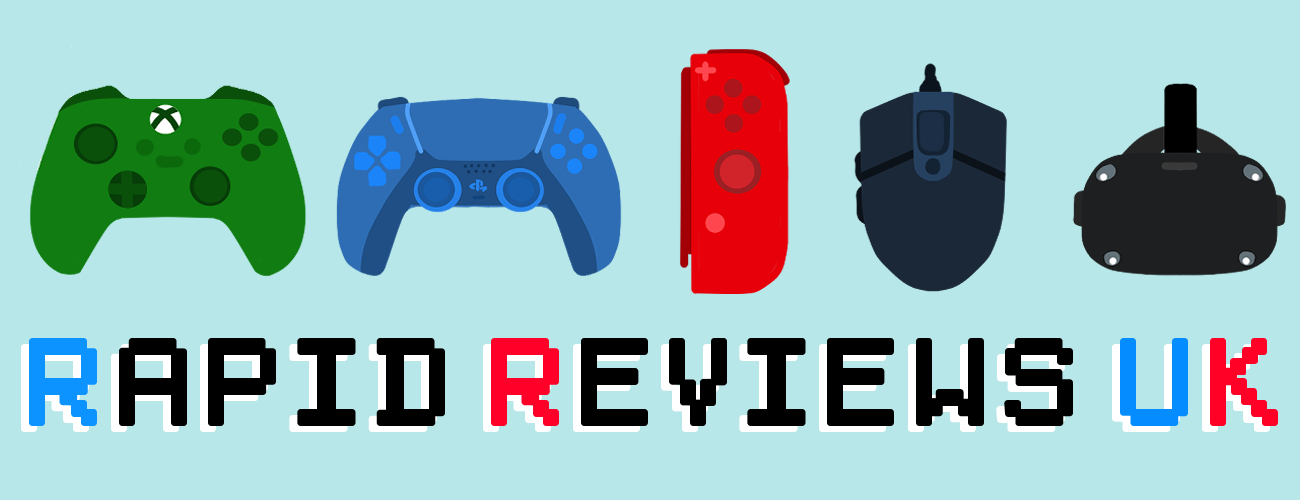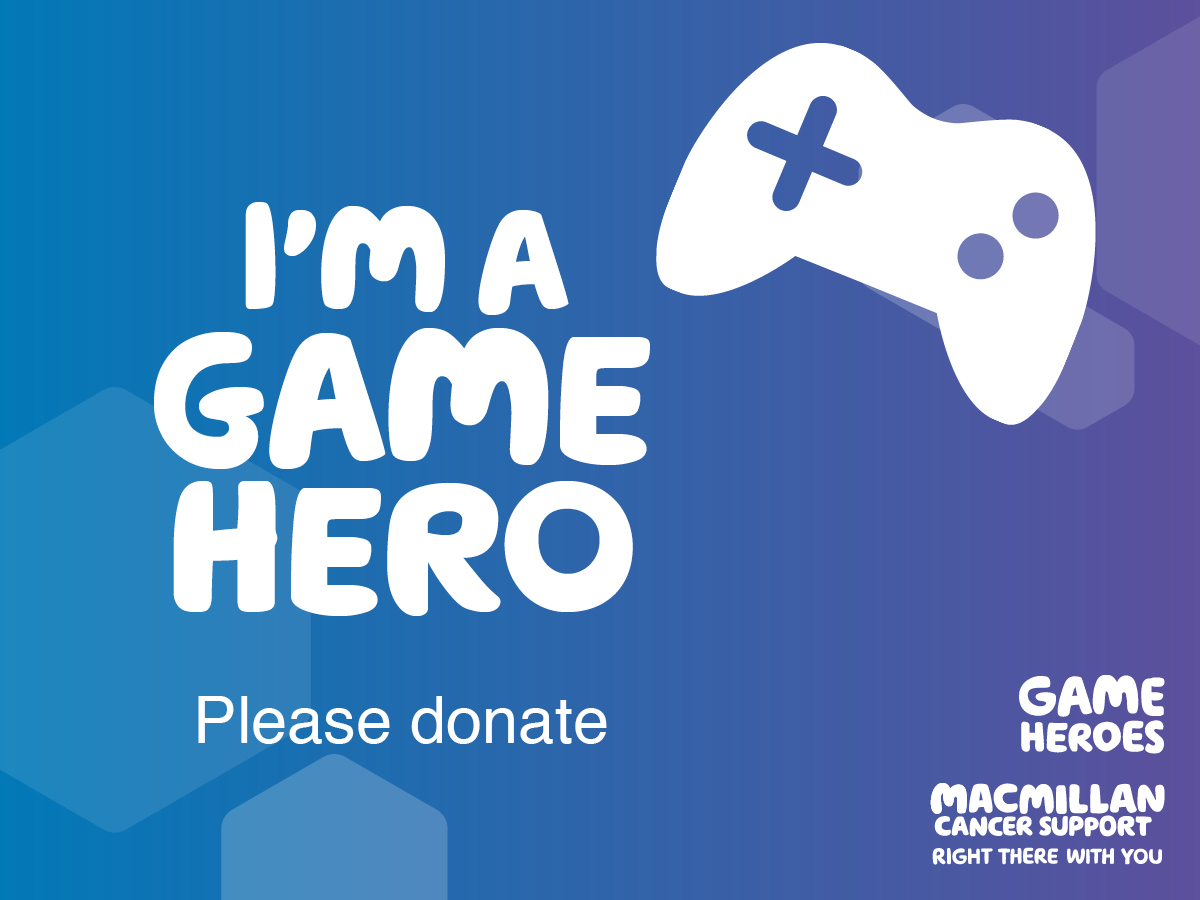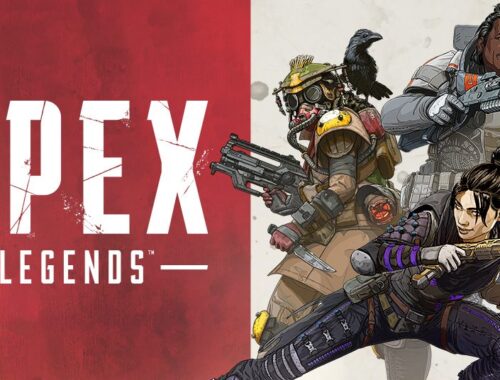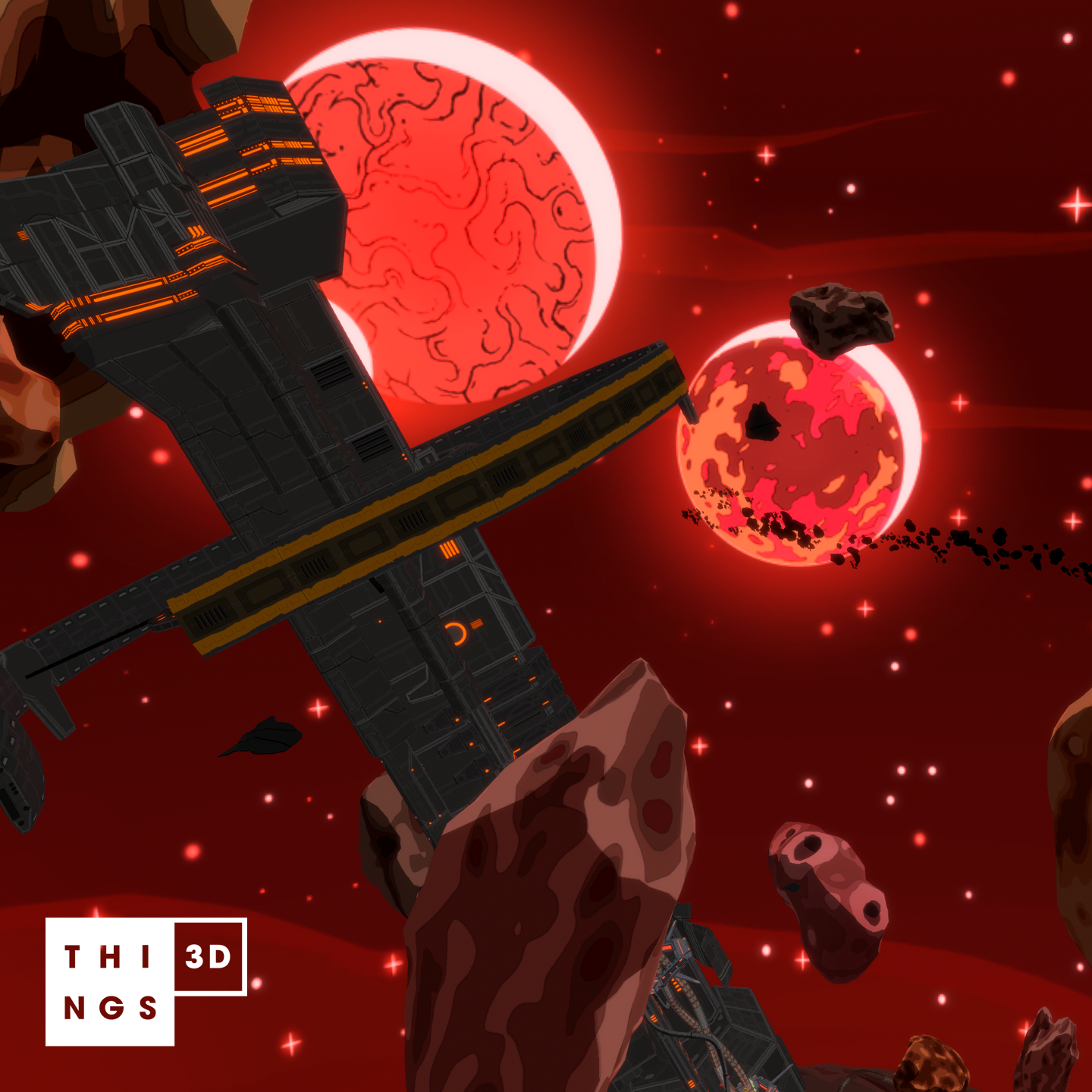The Indie Corner Spotlight – ihobo Games
After a short hiatus, we’re back with another edition of the Indie Corner Spotlight Interview feature. Stepping into the light today is Chris Bateman, Founder of International Hobo. In our interview, Chris talks openly about the life of a games developer, and he gives excellent advice for people who want to be a part of the industry.
How long have you been a developer?
I’ve been making games my whole life, I’ve been getting paid for it since the 1990s.
Since I started getting paid for it, though, I’ve only made two games that were my own projects. Play with Fire in 2006, which we made for the ridiculously low price of $5,000 – and went on to be mistaken for a Minecraft mod years later, when Minecraft came to exist! And Silk in 2019, which fell out of a parallel dimension where they still make square-based RPGs. When you’re making your own projects, you have no excuse for making games that feel too familiar – rather, you have a blank cheque to make the strange and wonderful. It’s the best thing about working on our own projects.
How many years has your team been developing games?
ihobo games was only set up in 2018, as an attempt to make formal International Hobo’s occasional foray’s into indie game making. The core company was set up in 1999, though, and we’ve been working on videogames for more than twenty years – just mostly for other people! I’ve shipped more than 50 published games in that time, and I have five years experience before that in-house at Perfect Entertainment, and before that, I have nearly a decade in tabletop games… Wow, that makes me feel old just to think about it!
Who, or what, inspired you to become a games developer?
The veteran game designer Paul Jaquays, who worked on several early tabletop role-playing games as well as numerous video games with Coleco, was often asked how he got into such an unusual line of work. After spending some ten years pondering this question, he said: “I’m still at a loss for an adequate explanation. I think it’s just that I’m not qualified to do anything else.”
For myself, I had been making games my entire life and had never seriously considered it as a paid career. I thought I was going to be an astrophysicist and went to University with that specific intention. Then I published some indie tabletop RPGs, and later, was hired by Perfect Entertainment to work on the Discworld games… it kind of snowballed from there.
So I can’t really say what inspired me to become a games developer. It would be fairer to say, I don’t really know how to not make games!
What was the inspiration for your team’s name?
International Hobo was always ‘ihobo’ for short, so when we set up the games wing we chose ‘ihobo games’ as a convenience. It was always our plan that each project team would create its own studio name… but somehow, that never happened, and we just stuck with ‘ihobo games’!
Describe a typical day in the life of an Indie Development Team.
There’s a usual day for indie developers? I haven’t spotted one yet!
But a typical day for me starts around 5:40 am when I blearily work through any small writing tasks over a cup of tea. Somewhat later, I’ll get to my desk and break open my day planner, which is my spare memory. (Actually, my main memory no longer works, so this is practically my ONLY memory…)
If it’s a scrum day, I’ll have a call with either one of my consultants, my producer, or one of the client teams we’re working with, and then I’ll set to work on one of my deliverables. Then, time loses all meaning until lunch, and in the afternoon I’ll push on towards the current task until I complete it, and then decide whether to chip away at the ever-growing pile of backlog tasks and if so, what to knock out.

At any moment, another team member (at a client, or at International Hobo) might ping me over Slack needing input, so if I’m working on something involved (like writing a script, or debugging some code), I’ll shut down slack. Some days, milestones are looming and time is short, so to avoid working at the weekend I’ll sacrifice my evening and work into the night.
If I’m lucky, I’ll finish with enough time to unwind and watch maybe 30 minutes of a mind-numbingly stupid TV show in order to flush any work thoughts out of my head. If I succeed, I sleep well, and it’s back to step 1 the following morning. If not, I’ll have an exciting battle with insomnia as my mind refuses to give up thinking about whichever work problem I’ve been fighting during the day…
Can you describe the process/timeline of developing a game?
I could, but it wouldn’t be a short answer! Dave Gilbert over at Wadjet Eye Games tells me he’s shipped a game in a month, but I haven’t unless you count the one-page tabletop RPG Contract.
Every game is different… I’ve worked on games that ship in 6 months, and games that have shipped in 3 years. I’ve worked on games that ended up in development hell and never shipped, but thankfully we mostly escape this.

All games have in common a sequence of pre-dev (what’s the game going to be?), development (oh ye gods, now we have to work out how to MAKE that!), contraction (we’re trying to do too much… what can we throw out?), panic (mostly debugging and QA), and then either release-even-though-we’re-not-ready (hint: it’s never ready), or release-months-after-the-original-plan.
Pre-dev is the best. Games are perfect in pre-dev. It’s only when we actually make them that they get all those bugs and problems!
How do you juggle all of the aspects of games development?
Mostly through a healthy dose of denial.
That, and good task tracking measures, and communication tools like Slack. Our previous producer Patrick (he’s now at 505 Games) got us into using Slack for team communication and honestly I don’t know how we survived before it. Over email? That seem’s hilarious now!
Most importantly, someone has to be in the production seat. They can have any role on the project – they could be an artist, a designer, etc. – or they could be just a producer, but someone has to sit in that seat and fret about what we can and can’t deliver in the time we have. It’s so important… it amazes me that any games get made without a producer.
That said, a lot of indies have a “ship it when ready” philosophy, which is usually only possible if you are making games as a hobby or live in your parent’s basement. We’ve never had that luxury, and I feel we’re better for having always felt the pressure of needing to ship. When we’re working with clients (and we’ve shipped over fifty games for clients), they are under that pressure – the least we can do is understand what that’s like!
What is your ambition as an Indie Developer?
To have projects that are ours and not our clients. That may sound obvious, but it’s not. When you work for other companies for almost all of your time, sometimes it’s just nice to have a project – no matter how small and humble! – that is yours. I’ve loved working on other people’s games – AAA’s, indie’s, mid-market license adaptations, mobile games, console games etc. – but now and then you need to have a creative space you can call your own. That’s why Play with Fire came about fifteen years ago, and it’s how Silk came about last year.
In so much as I have ambition beyond that, it’s to grow ihobo games to the size that we can make spiritual successors for the two games I’m best known for – Discworld Noir and Ghost Master. That’s my hope, anyway. Both projects are currently in pre-dev… my ambition is to deliver both before I retire or have my first heart attack (whichever comes first!).
What advice would you give to someone who wants to get into the games industry?
Wouldn’t you rather get a well-paid stable position that won’t shorten your lifespan…?
The games industry seems exciting from the outside, and I think some people fantasise about how wonderful it must be to play games for a living. But it’s not at all like that. And if your job IS to play games for a living, you’re in QA, which is the anus of the videogame industry, and crawling through it to eventually get a proper job is as unpleasant as that metaphor makes it sound.
Seriously, if you want to get into the games industry, first check that there is anything else you could do and be happy at. And if there isn’t… well, start making games. Use level editors to existing games if you can’t code, or make adventure games with Inklewriter, or whatever tool you can use – but the only way into the games industry is to have made games. So you might as well start as soon as you can making whatever you can.
Where do you see gaming heading in the next decade?
To a giant class-action lawsuit against those publishers deploying predatory monetisation to farm teenage boys for cash. You know who you are.
The rest of us will still be making all the wonderful things we’ve always been making… I don’t currently see any game-changing technology in the works at the moment. I definitely don’t see the current generation of VR as anything but yet another interface device developers are going to have to support, largely at their own expense. Neither do the new consoles suggest anything that’s going to upend game development.
One of the great things about videogames is that while technology periodically has a major impact – the CD drive, specialist chips for rendering polygons, the internet – for the most part, we have just been creatively riffing off each other’s ideas for half a century. I hope and trust we will still be doing that in half a century’s time!
I’d like to thank Chris for giving up his precious time to take part in the Indie Corner Spotlight Interview. If you, or your team, would like to feature, please get in touch.




